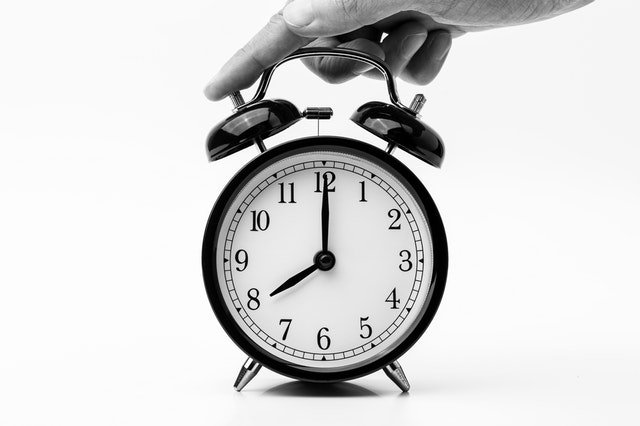
In the U.S., daylight saving time starts from Sunday morning.
Although it is a sign of spring, it also means your sleep can be disrupted because you lose one sleep hour.
This is because we have a circadian rhythm or body clock, that is slightly over 24 hours. We are constantly adapting to 24-hour cycles.
When daylight saving time happens, It can be hard for some people to fall asleep or get up one hour earlier.
Previous studies have shown that daylight saving time can affect people’s health.
For example, one recent study showed that for people for diabetes, forgetting the time change could lead to insulin dosing errors.
It can cause too little or too much insulin being delivered to the patients and harm their health.
If diabetes patients get too much insulin, they may suffer from hypoglycemia, which could trigger seizures, fainting spells, or coma.
On the other hand, if diabetes patients get too little insulin, they may suffer from hyperglycemia.
In this condition, they may have tiredness and frequent urination. In the long run, their body may become acidic, and they experience life-threatening diabetes complications.
Other studies suggested a slight increase in heart attacks and stroke, probably in people already at a higher risk.
In healthy people, daylight saving time can lead to daytime sleepiness, inattention, fatigue, and moodiness.
Therefore, it is important to remember the daylight saving time and prepare your body for it.
Xue Ming, a neurology professor at Rutgers New Jersey Medical School, suggests people do several things to prepare for the time change.
People should dim the ambient light earlier or wear sunglasses indoors in the evening before daylight saving time.
They can take a shower in the morning rather than evening, have an early dinner, and turn off the TV and cell phones an hour earlier.
In the daylight saving morning, people can turn on a bright light or expose their eyes to daylight for 20 to 30 minutes before driving.
For people who experience strong symptoms of daylight saving time, taking 0.5 mg of melatonin in dim light one hour before sleep time for 5-7 days may help the body clock shift faster.
Copyright © 2019 Knowridge Science Report. All rights reserved.



